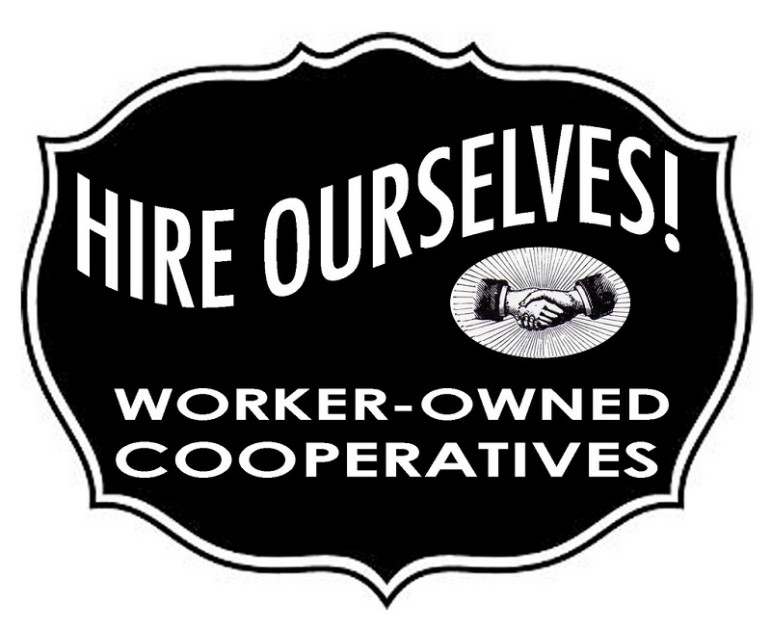
February 23, 2016; Rochester Democrat & Chronicle
“We can either have democracy in this country or we can have great wealth concentrated in the hands of a few, but we can’t have both.”
—Supreme Court Justice Louis Brandeis
In our opinion, worker co-ops should be a far larger part of the social enterprise conversation in this country than they are. In fact, elsewhere, such shared ownership structures dominate the conversation.
Still, in historic Rochester, New York, Mayor Lovely Warren is pushing forward on a plan to develop workers’ cooperatives to enliven the economy. The city has been and will continue to be working with the Democracy Collaborative to plan and implement the initiative, estimating that it will take a mere $1.3 million in capital to seed the project.
Sign up for our free newsletters
Subscribe to NPQ's newsletters to have our top stories delivered directly to your inbox.
By signing up, you agree to our privacy policy and terms of use, and to receive messages from NPQ and our partners.
Warren sees the initiative as anti-poverty work, but it is also meant to bring vendor relationships to some of the city’s large institutions into the community. The effort will focus on three neighborhoods: Marketview Heights, EMMA, and Beachwood. The mayor has a measureable goal in mind: lowering the poverty rate by one percentage point in one year.
Workers’ co-ops, of course, are businesses that democratize ownership—in other words, workers share the profit from the endeavor as well as take part in decision-making. NPQ has previously covered such efforts in New York, and has published the work of Gar Alperovitz, who heads up the Democracy Collaborative. In “Inequality’s Dead End—And the Possibility of a New, Long-Term Direction,” Alperovitz writes:
The larger goal, broadly speaking, is to move past faltering, traditional, after-the-fact redistributive efforts backed by labor—which left the capital structure of the economic system entirely intact—and on to a new model that directly begins to create democratized and inherently redistributive ownership as a critical element in the economic system.
To provide an infrastructure for the Rochester-based project, a new nonprofit holding company will be established, complete with a revolving loan fund. The city is working to get local institutions to agree to source from these local entities, and it intends to help with business plans and financing.
For more information on these kinds of strategies—how to start and how to run them, and why they make sense—you can visit the Democracy Collaborative here.—Ruth McCambridge













